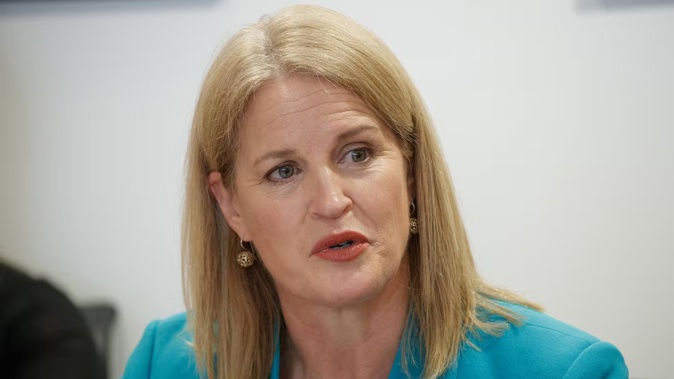
Initial data shows almost all beneficiaries with work and social obligations are meeting their requirements.
In August, the Government launched a new beneficiary traffic light system to communicate to people receiving a benefit whether they were complying with the obligations attached to that benefit.
Preliminary data for the first full month of the traffic light system shows at the end of September, there were 331,530 people in the system.
Of these, about 98% had green lights for meeting their obligations and about 2%, or 5922 people, had received orange or red lights warnings for non-compliance.
Social Development and Employment Minister Louise Upston says the new system makes it easier for beneficiaries to understand their obligations and when they’re not meeting them.
“The Government has been clear that beneficiaries who are motivated to find work will get our full support, but we won’t tolerate those who are receiving a Jobseeker benefit and aren’t seeking a job.
“If someone can’t find a job, their benefits will not be cut. We are merely asking people who can work to be available for jobs and out there looking.’’
What is the traffic light system?
People who receive a benefit with work or social obligations, such as Jobseeker Support, will be given a green, orange or red status.
This colour depends on their compliance with their obligations:
Green: The benefit recipient is complying with their obligations
Orange: The recipient is on their first or second obligation breach and does not have a good reason for the transgression. They have five working days to contact the Ministry of Social Development to discuss the breach. If the person successfully disputes the obligation failure and the original decision is overturned, they will move back to green. If they don’t comply within five working days, they will move to red.
Red: Once someone is classed as red, they are sanctioned. This could include their benefit being reduced or stopped. New sanctions are being introduced next year for certain benefit recipients.
Upston announced the new scheme in August along with several other new social welfare changes.
- Govt wants jobseeker beneficiaries cut by 50k, but forecasts are up 11k
- Govt ramps up threat of sanctions on beneficiaries if new obligations aren’t met
- 'Tough love': Luxon paints 'rough' economic outlook amid massive infrastructure deficit
- 'No more excuses' - Govt announces beneficiary traffic light system
From 2025, new “money management” and “community work experience” sanctions will be introduced as an option for some beneficiaries, such as those with dependent children or people under case management who are facing their first obligation failure.
Everyone else will continue to face financial sanctions.
Under the money management sanction, half of a person’s benefit goes onto an electronic payment card that can only be used at approved stores to purchase essentials.
Currently, an obligation failure stays on a person’s record for 12 months. Upston announced on Monday this time period would be doubled to two years which would make it more likely a person’s benefit was cancelled if they continued to not meet their obligations.
From next year, Jobseeker Support recipients will need to re-apply for their benefit every six months. They will also need to create a “Jobseeker profile”, which includes details about their work experience, job choices and qualifications before they are granted a benefit.
Julia Gabel is a Wellington-based political reporter. She joined the Herald in 2020 and has most recently focused on data journalism.
Take your Radio, Podcasts and Music with you









